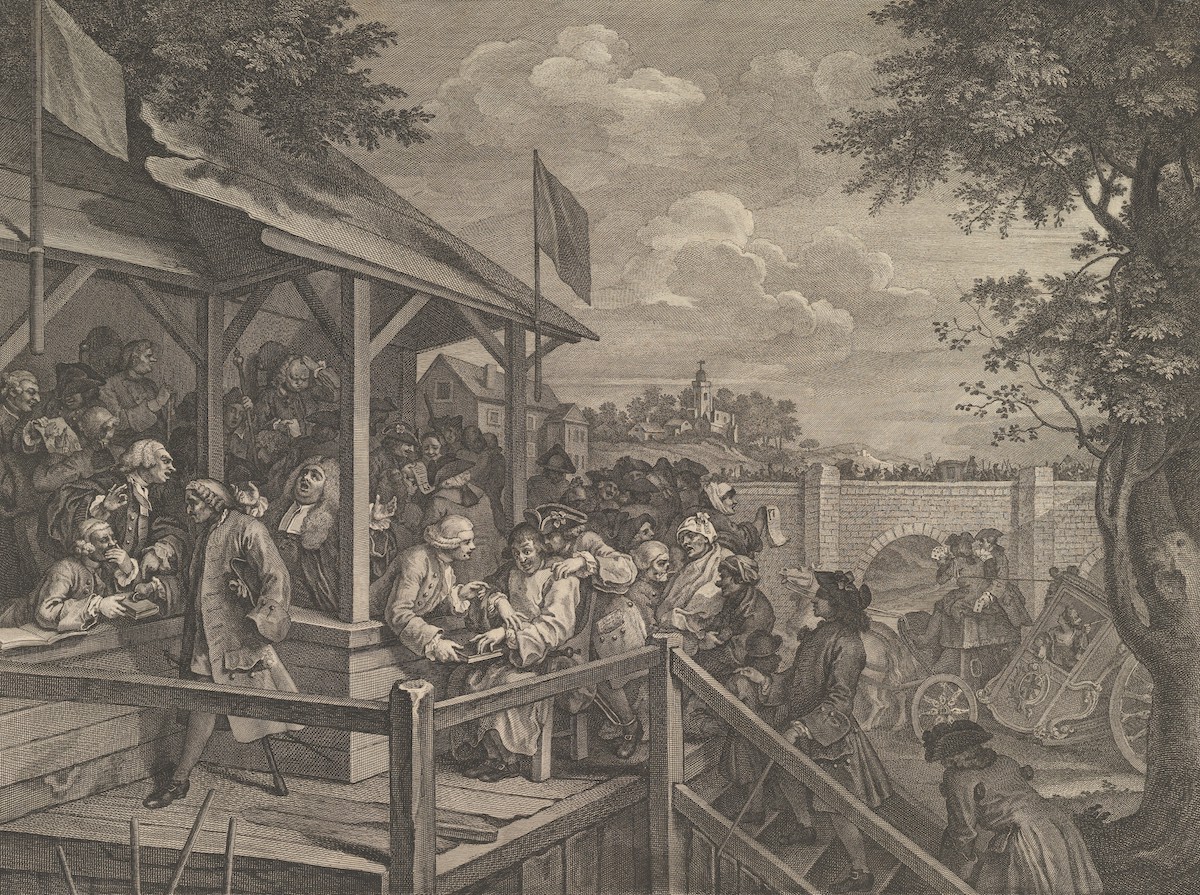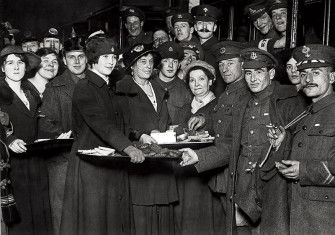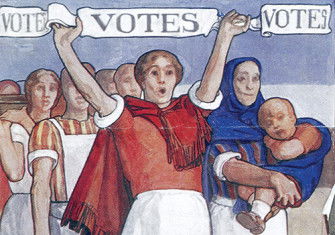Who Should Have The Vote in Britain?
What voting rights did Britons have in the century before 1918?

Large numbers of British people were once deliberately excluded from voting in parliamentary elections, because they were considered unfit to exercise the franchise. Some restrictions still apply in modern elections – foreign citizens, convicted prisoners and members of the House of Lords cannot vote – but the idea that all adults should have an equal right to elect their MPs, regardless of gender or wealth, has become so ingrained in the UK’s modern democratic culture that it barely seems to warrant comment. That is, at least, until recently, when mutterings emerged following the surprise decision in 2016 to leave the European Union. The fact that an entirely different approach was in operation for many centuries in Britain before 1918 and that its last vestiges remained in place until relatively recently is often overlooked.







